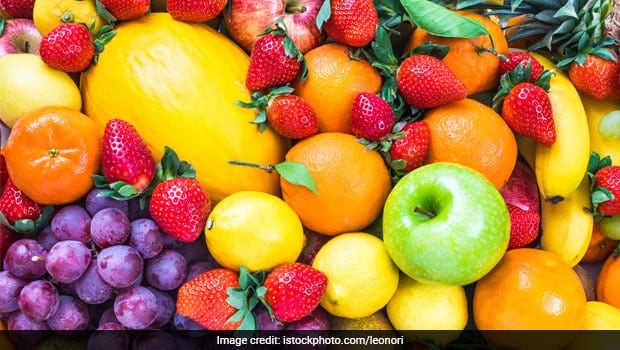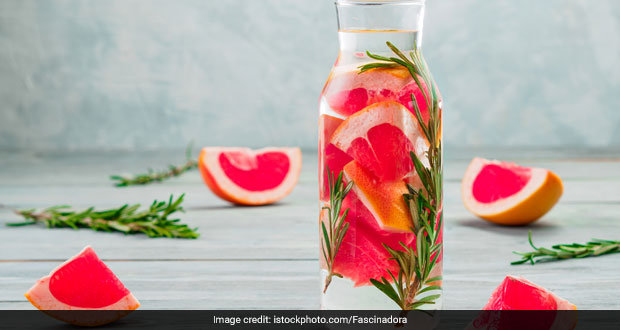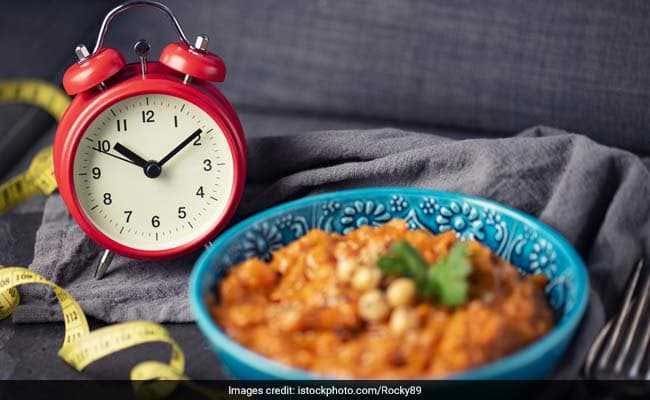Who doesn't dream of a perfectly fit and healthy body? While some are genetically blessed, some of us really have to try hard to keep the extra kilos in check. It is said that weight loss is not a cakewalk. But no one ever said that it is impossible either, did they? And somehow when it comes to weight loss, everybody has a tip or two to contribute. Our weight loss journeys often only focus on just a few of these points - but, there are more than just a few factors that contribute to healthy and sustainable weight loss. One of the most common advice for losing weight is that one should avoid fasting, as it may only cause weight gain. Turns out, there is a diet that follows exactly the same. A form of intermittent fasting known as the 16:8 diet helps people to lose weight and further lowers their blood pressure. Moreover, findings published in the journal Nutrition and Healthy Aging suggest that this diet tends to work wonders. 16:8 diet restricts your eating window to eight hours in the middle of the day; for example, 10:00 am to 6:00 pm. During this time, you can eat whatever you want, with no calorie restrictions. Yes, you heard us right! Looks like a great deal? Well, it's easier said than done. Know everything about the 16:8 diet for weight loss right here.
(Also Read: 5 Indian Delicious Protein Snacks For Weight Loss)

16:8 Diet for weight loss: One of the most common advices for losing weight is that one should avoid fasting
What is the 16:8 diet?
Your metabolism and blood sugar control is higher in the morning, which is why you are allowed to eat whatever you want to in that time-frame of eight hours. The diet is thought to be more effective if your time-frame is earlier in the day so calories are burned more efficiently. However, the remaining 16-hours in your day should be your fasting period, wherein you can drink plenty of water, black tea, coffee, et al.
Here's what you can (and should) eat in the eight-hour eating window:
- Drink lots of water so that you are well-hydrated.
- Eat fibre-rich foods like nuts, beans, fruits and vegetables,
- Eat high-protein foods, including fish, tofu, or nuts.
- Go for black coffee, tea, cinnamon or licorice herbal teas in both eight-hour window, when you are eating and the 16-hour window when you are not eating.
Does 16:8 diet work for weight loss?
According to a study published in the journal Nutrition and Healthy Aging, researchers investigated the effects of the 16:8 diet on humans. During the 12-week trial, 23 obese adults practiced time-restricted eating from 10:00 am to 6:00 pm, eating whatever they wanted to within the eight-hour period. By the end of the study, researchers found that participants ate around 350 calories less per day than the controlled group, lost a small amount of body weight, and also saw some improvement in systolic blood pressure. The study concluded that the results are promising and long-term; however, a large-scale research is still required. Other studies around intermittent fasting have used animals instead of human participants.
While many studies are rooting for this diet, there are quite a few downsides of it that may not make it an ideal diet to lose weight. Pregnant ladies, people with eating disorders, people on medications and diabetics should ideally avoid this diet as it may not be suitable for them to stay hungry for 16 hours straight.
(Also Read: 5 Fiber-Rich Foods You Should be Eating Everyday)

16:8 Diet for weight loss: Eat fibre-rich foods like nuts, beans, fruits and vegetables.
The eight-hour bracket, in which you can eat whatever you wish to, doesn't mean you can load up on all things unhealthy. It means you should limit your calorie intake and choose foods cleverly in order to ensure you stay fuller for longer. If you wish to follow this diet, make sure you have consulted your doctor.
10 Weight Loss Tips To Follow:
1. Don't surround yourself with food or ready-to-eat snacks: The more food in front of you, the more you'll eat or want to eat. This is basic human psychology. To stop yourself from munching endlessly, keep food, especially the fattening, tempting ones, a little out of range.
2. Drink Water: Starting your day with a glass of warm water cleanses the digestive system and improves your metabolism. Drinking water helps one to avoid eating and drinking extra calories in the form of other high-calorie beverages too.
3. Carry your water bottle, drink through the day: Drink water instead of coffee, soda and save calories. Many a time, you think you are hungry, but you are not. Thirst signals and hunger signals are intermixed.

16:8 Diet for weight loss: Keep yourself hydrated.
4. Drinking Green Tea: Apart from facilitating nourished and clear skin, regular consumption of green tea may promote weight loss by boosting metabolism. This is primarily because of the presence of rich antioxidants and catechins in it.
5. Maintain portion control: Eat everything but in smaller portions. Be smart with what you eat too. Increase the portion size of the nutritious food on your plate like vegetables or dal, and cut your dessert by half.
6. Eat Less Salt: Greater the amount of salt, the greater the risk of water retention and weight gain. Excess salt also increases the risk of high cholesterol and blood pressure.
7. Beware Of Hidden Sugar: Excessive refined sugar is an invite to unnecessary calories. Also, be wary of sugar in unexpected places like cereals, tomato ketchup, and packaged foods, etc. Refined sugar, which is hidden, often contributes to a great number of empty calories which results in fat accumulation.
8. Spices Can Help Too: There are many spices that may help you to achieve your weight loss goals too. Fenugreek, coriander seeds, dhaniya (coriander) seed and black pepper are some of the spices that are popular for their weight loss benefits. Add black pepper to your soups and stews. Drinking zeera(cumin) water, cinnamon water and ajwain water are also effective.

16:8 Diet for weight loss: Spices that may help you to achieve your weight loss goals.
9. Detox Your Kitchen: Toss away the fattening foods, chocolates, sauces, dressings, etc. and fill yourself with fresh and healthy items. If your fridge is healthy, certainly you would cook healthy and eat healthy.
10. Track Your Calorie Count: Maintain a food journal or make notes on your mobile phone about the calories that you are having throughout the day. According to the 2015-2020 Dietary Guidelines for Americans, women are likely to need between 1,600 and 2,400 calories a day, and men from 2,000 to 3,000.
Disclaimer: This content including advice provides generic information only. It is in no way a substitute for qualified medical opinion. Always consult a specialist or your own doctor for more information. NDTV does not claim responsibility for this information.







